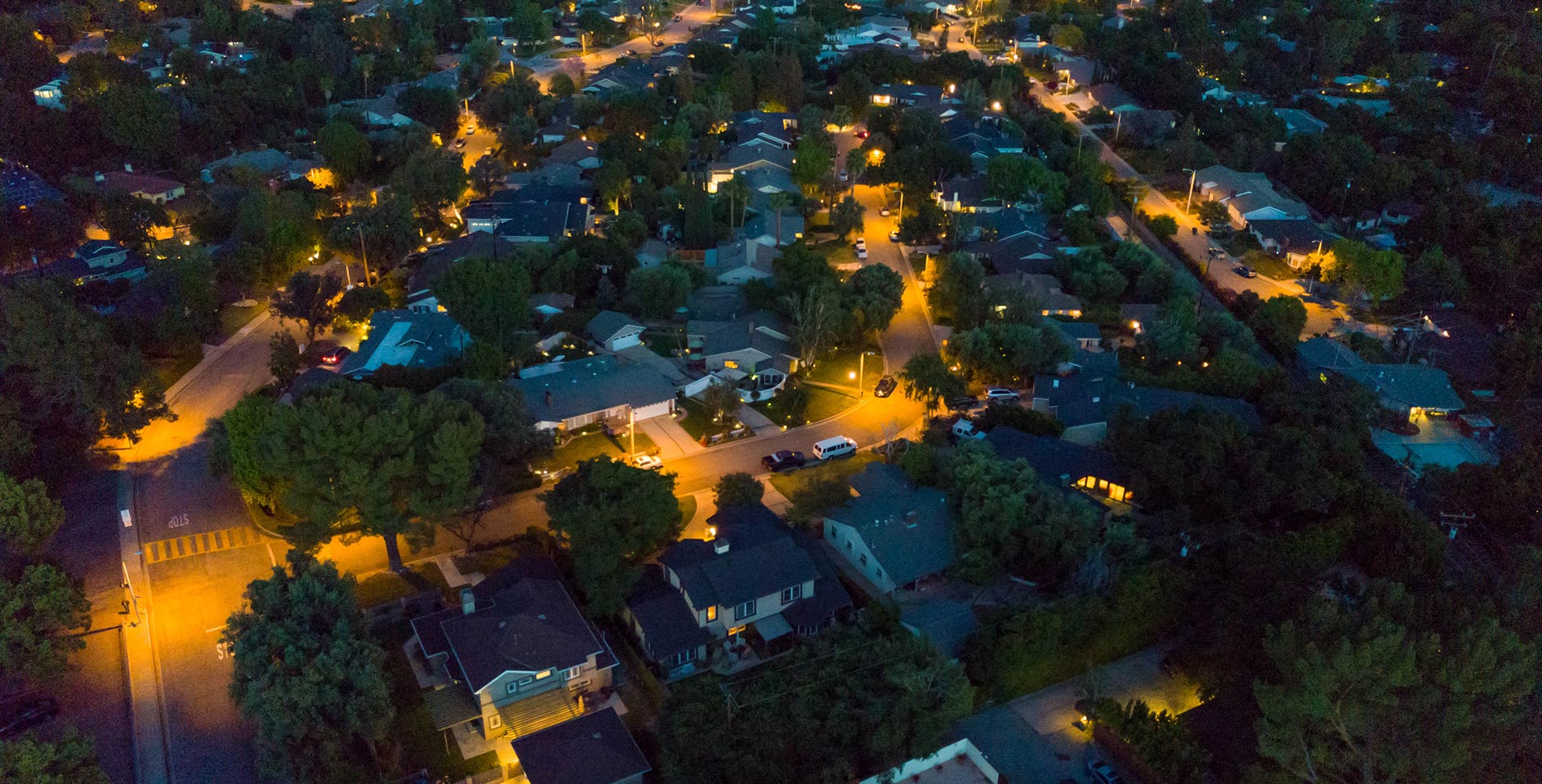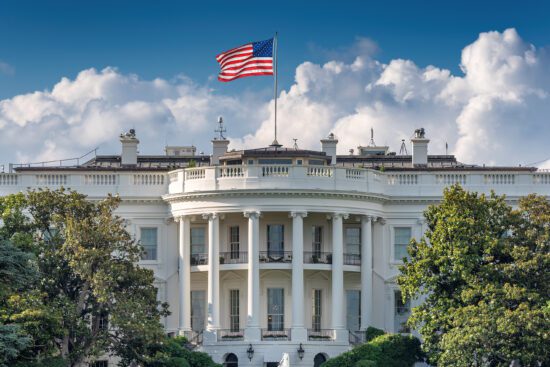Growing up in a pastor’s family, I didn’t quite understand that people had 9-to-5 jobs. My dad was the pastor of a Baptist church in a rural community in Western Kentucky, and my mom was the church secretary. Often I would hear them say, “Ministry isn’t a 9-5 job; it’s a lifestyle.” That’s not to say that my parents didn’t have boundaries; they did. But they didn’t buy into the lie that to lay down one’s life for the church you had to sacrifice your family. Instead, ministry was a family affair.
Our family was far from perfect, but my parents lived their lives with an open door to the community. I would often wake up on Saturday mornings to members from our church eating breakfast in our kitchen after serving an elderly lady who needed her yard tended to. And whenever our little southern town would be hit with an ice storm that knocked out electricity for many, our home would fill up, and my dad would be out on the streets looking to help a stranded driver. Our local first responders all know my dad, as he’s been a chaplain for many of them during various seasons over the years. And still to this day, when I come home for holidays, I never know who I’m going to find at the dinner table.
So it was not a shock to me that when the Marshall County High School shooting happened, I got a phone call from my mom telling me to pray because we hadn’t heard if our family and friends were safe, and to pray for Dad because he was already at the school to be there for parents and students. When a crisis happens in our community, and even our surrounding communities, more often than not my dad, Pastor Mike Donald, will be nearby, and the people from his church are ready for action.
In light of last week’s events, I took some time to interview him about the importance of the local church during a community crisis. Here is the wisdom he shared:
Be a physical presence: When I chatted with my dad about the day of the shooting, he recounted story after story of parents, students, and first responders that he hugged and prayed with. He retold the story of a young boy he didn’t even know who fell into his arms weeping while entering the middle school gymnasium. My dad comforted the teenager, and then as the boy calmed down, he apologized to my dad for falling apart. “No need to apologize son, that’s what I’m here for.”
My dad shuddered as he discussed seeing the fear in the parents’ eyes as they waited at a local middle school to be reunited with the high-schoolers who were being bused in. His voice cracked as he recalled stories from his church’s students, relaying terrifying moments of running through blood-stained halls, losing shoes, backpacks, and carrying their friends to safety.
After being a pastor for over 35 years, carrying his community’s grief was less of a job description and more of a second nature.
When I asked my dad why he went he simply stated, “It’s what we do,” as if the physical presence of a pastor in the middle of a community crisis was understood as a fact of life. After being a pastor for over 35 years, carrying his community’s grief was less of a job description and more of a second nature.
In these tragic moments, this is the role of the local pastor. It’s not to have all the answers or to put band-aids on deep wounds. Rather, it is to be physically available for hugs, prayers, and tears, and to be a safe place for the community to grieve. It is the local church’s honor and great responsibility to run into the middle of dark circumstances and be a bright light and to continue to burn brightly throughout the long healing process.
Partner with other local churches: In a culture where churches seem to be competing with each other or quibbling over denominational differences, a crisis demands that be pushed aside. In all seasons, my dad has always stressed the importance of churches working together to bless and minister to their shared community, but it is especially important in times of crisis.
When my dad first heard news of the shooting, he immediately called the pastor of another local church and asked if he would like a ride to the high school. On the night of the shooting, they partnered with other local churches in the area to host a community prayer vigil. And although his church hosted the vigil, all of the town’s local pastors involved played an important part.
When I asked dad about his ongoing teamwork and partnership with other local churches to minister during this crisis he said,
God has chosen the church to be the vehicle to carry his message of good news to his people and our communities. The enormity of this event naturally requires more than one local assembly to carry that torch. I knew from the onset that this crisis would require the body of Christ in all of Marshall County to shoulder together. Any attempt to go solo would have been an act of treason against the moving of the Spirit in my own heart during those moments.
Provide necessary care during and after the crisis: In the days following the shooting, my dad’s church held a lunch for any students who wanted to come eat and fellowship. His small church staff has added additional office hours to be available for prayer. And my dad, who was scheduled to speak at an ordination in Oregon, canceled his trip in order to be a physical presence that weekend and to be available for our church and community.
Marshall County has families who are grieving the loss of children. It has a family who is grieving and ashamed of the actions of their son who took two lives and injured many. It has dozens of families navigating hospital bills while youth, teachers, and first-responders deal with post-traumatic stress, wondering how to simply move forward. To put it plainly, there are many needs to be met.
The truth is, healing from a school shooting will not be quick, nor will it be easy. The work is slow and hard and gut-wrenching, but it is the role of the local church to be there throughout the entire process, consistently assessing the needs of their people while representing the physical hands and feet of Jesus. As a result, my dad isn’t just looking at the here and now, he’s thinking ahead and planning with other pastors on how they can meet the needs of their people and local community for the months to come.
Do not use tragedy as a means to grow your church: Sadly in times of crisis, people can cause more harm than good. Pastors can use these moments to get their 15 minutes of local fame or attempt to use the fear created by crisis to manipulate people into their churches. Not to mention, some will misuse truths found in Scripture to simply cover the wound, rather than let the good news of Jesus heal their deepest, darkest sorrows.
“We don’t exploit tragedy to grow our numbers or gain a platform,” he stated emphatically, “Our churches should be about proclaiming that Jesus is good news for a weary and broken world. We proclaim no name other than his.” God will grow his church, and he will use the local church to continue to do so, but we should never prey on the wounded and lure them in. That’s spiritual malpractice, not the Great Commission.
The church is God’s plan A
My friend and former pastor, J.D. Greear, reminded our congregation frequently, “The church is God’s plan A for working in this world.” This is especially true in the middle of a community crisis. Where there is suffering, despair, and brokenness, the people of God will also be there doing God’s redemptive work. This was definitely the case in Marshall County, Ky., on one of its darkest days, and I am beyond proud of the rural church that raised me and their compassionate response in the midst of tragedy. May these observations from my Dad bless you and your church if you ever find yourself ministering in the midst of a community crisis.







